On September 2, a US judge handed an important victory to Alphabet's Google, rejecting an attempt by US prosecutors to force the tech giant to sell its Chrome browser and Android operating system - two prominent products in the antitrust campaign targeting large technology companies.
However, the judge ordered Google to share data with rivals to expand competition in the online search field.
In his latest ruling, however, Judge Amit Mehta stopped short of requiring Google to share the full scope of data that prosecutors had requested. Even for competitors who received the data, he said “it would not be easy to replicate Google Search.”
He noted that this remedy only requires disclosure of underlying data, leaving it up to competitors to develop the technology and infrastructure to exploit it.
Earlier, in a court hearing in April, Google CEO Sundar Pichai expressed concern that sharing data as requested by the Justice Department could allow Google's competitors to analyze the data to study and copy how the technology Google is using works.
Sharing data would help rivals compete with Google's dominant advertising market.
However, not having to split with Chrome or Android removes a major concern for investors who see these as two core parts of Google's business ecosystem.
Alphabet shares rose 7.8% in after-hours trading as investors welcomed the ruling.
Cantor Fitzgerald analyst Deepak Mathivanan said the data sharing requirement is certainly a competitive risk for Google, but there is no immediate impact.
He believes it will take consumers longer to embrace these new experiences.
Spokespeople for the Justice Department and Google did not immediately respond to requests for comment on the ruling, which also comes as a relief to Apple and other device and browser makers, which Judge Mehta said can continue to receive advertising revenue from Google for searches performed on their devices.
Google pays Apple about $20 billion a year, according to Morgan Stanley analysts.
The ruling is the culmination of a five-year legal battle between one of the world's most profitable companies and the US government, with Judge Mehta ruling last year that Google had an illegal monopoly in online search and related advertising.
At the April trial, prosecutors proposed a series of sweeping measures aimed at restoring competition and preventing Google from expanding its dominance into artificial intelligence (AI).
Google said the proposals went beyond a reasonable legal framework and would force it to “hand over technology to competitors.”./.
Source: https://www.vietnamplus.vn/google-giu-vung-hai-tru-cot-nhung-phai-chia-se-du-lieu-voi-doi-thu-post1059602.vnp








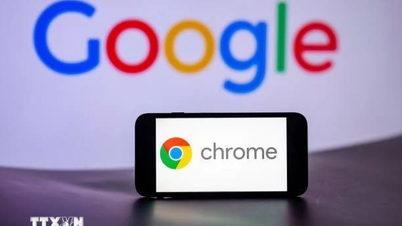


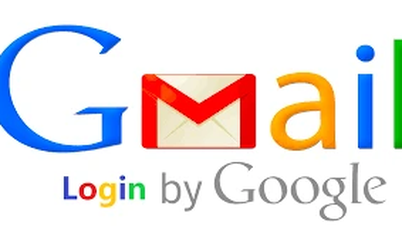
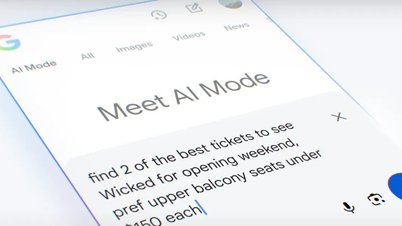

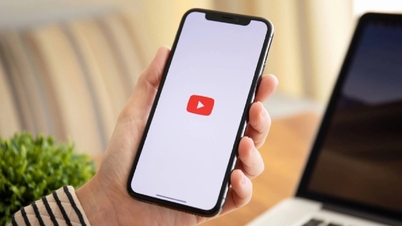


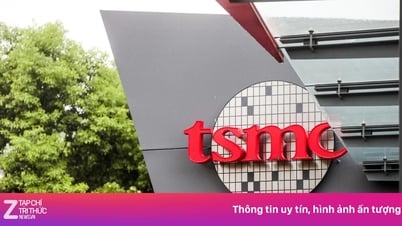

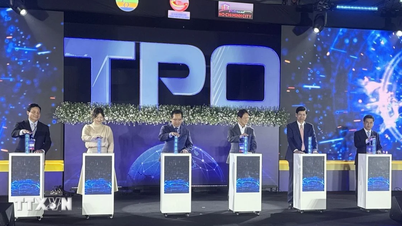













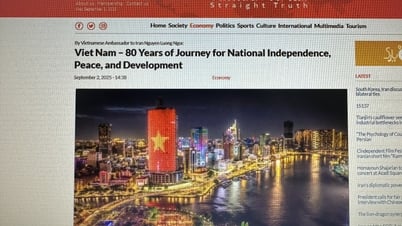




























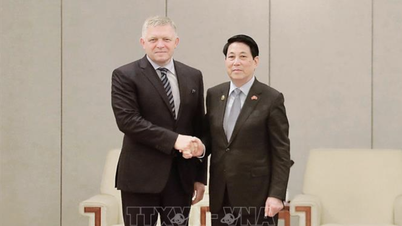

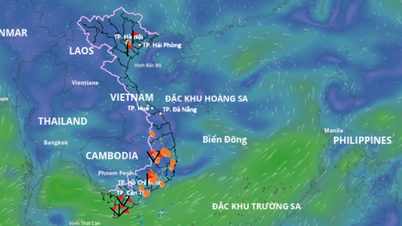


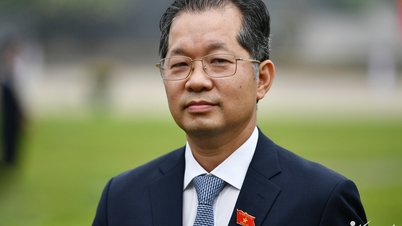







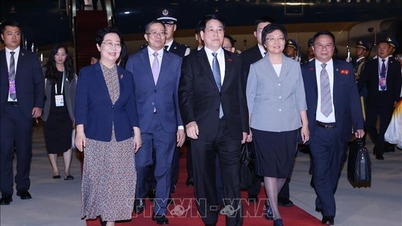

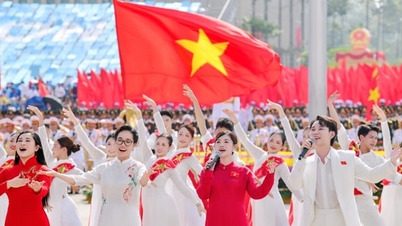














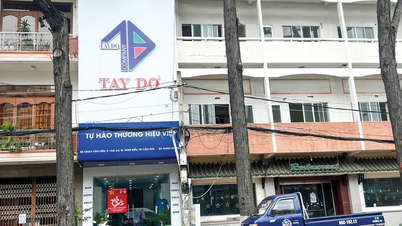











Comment (0)